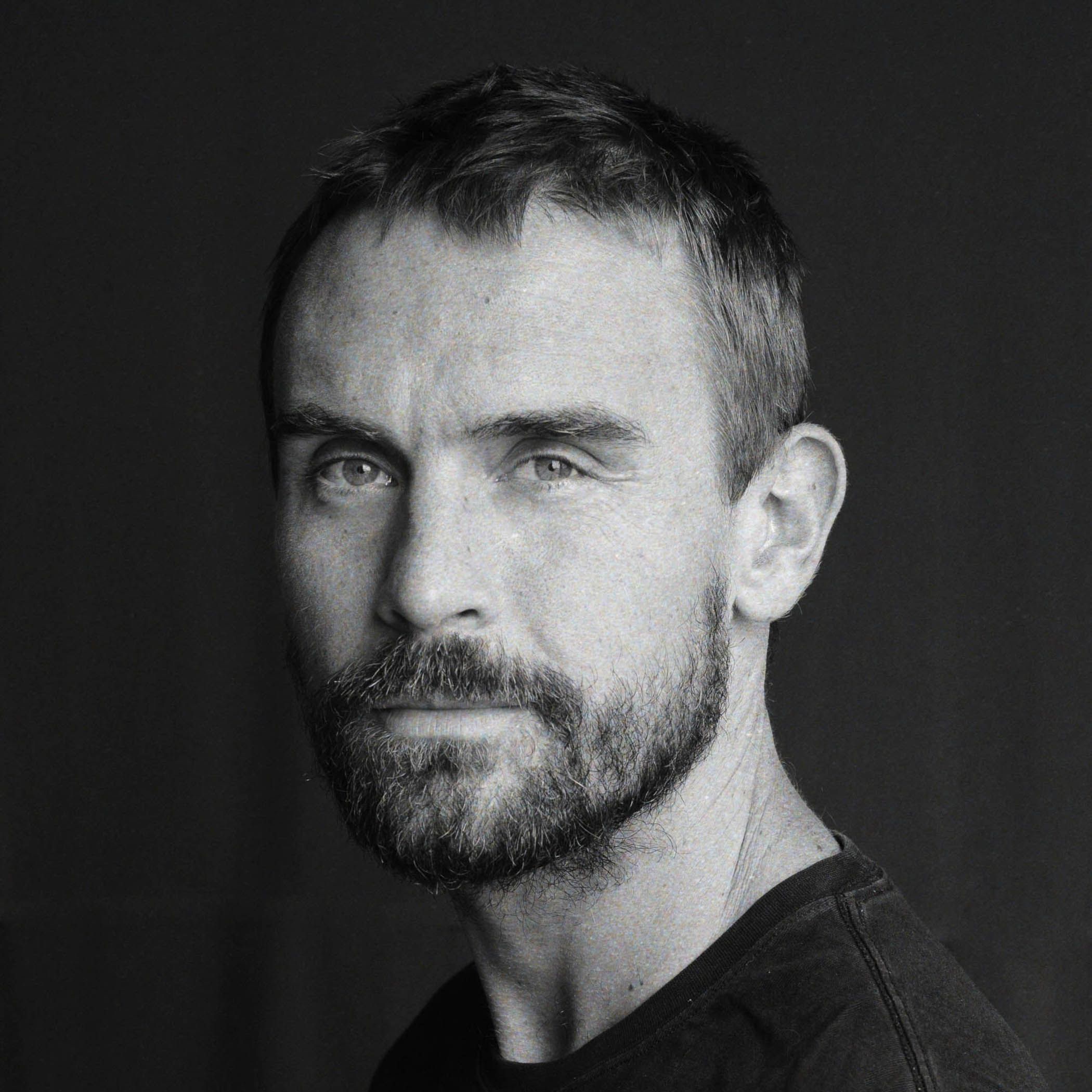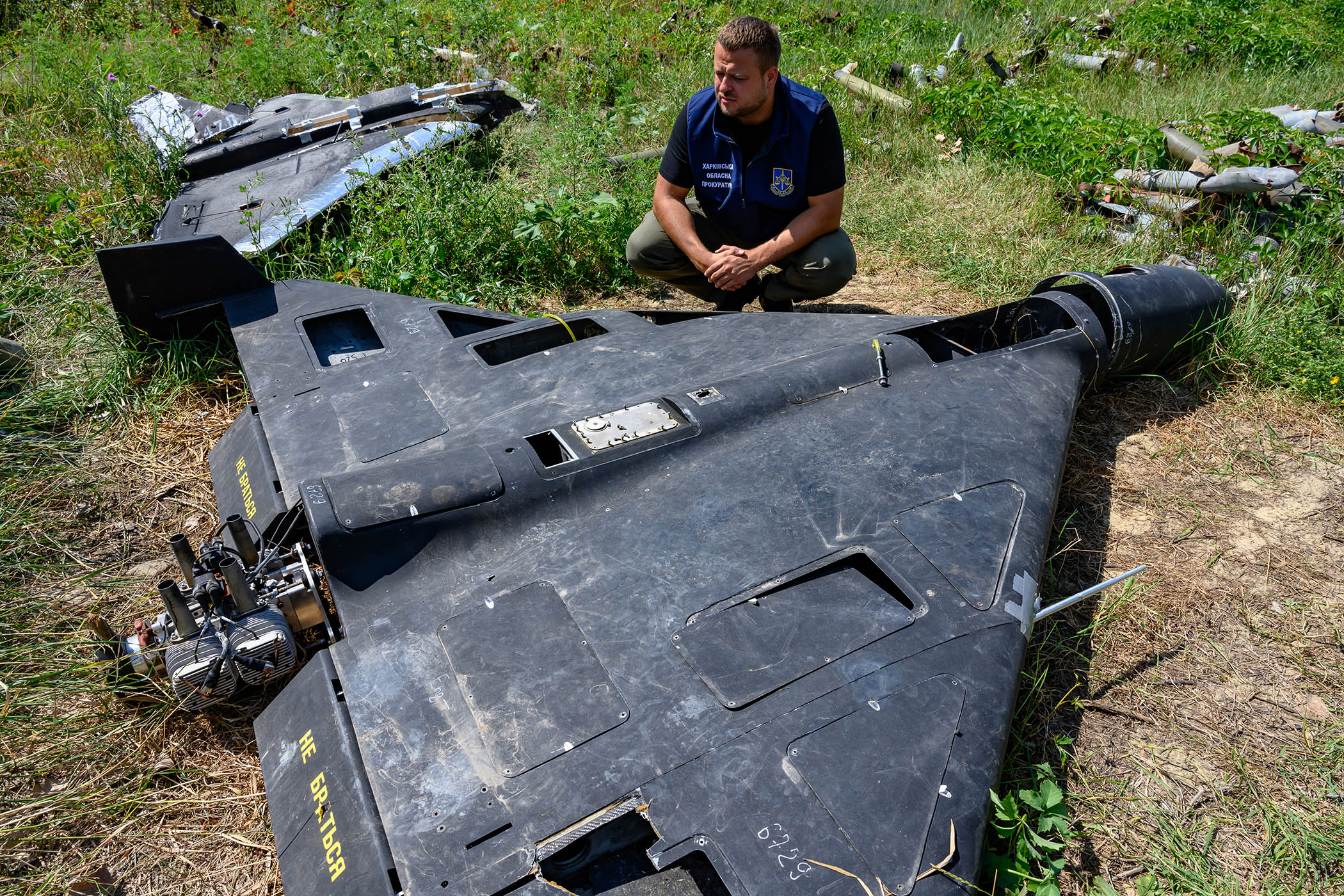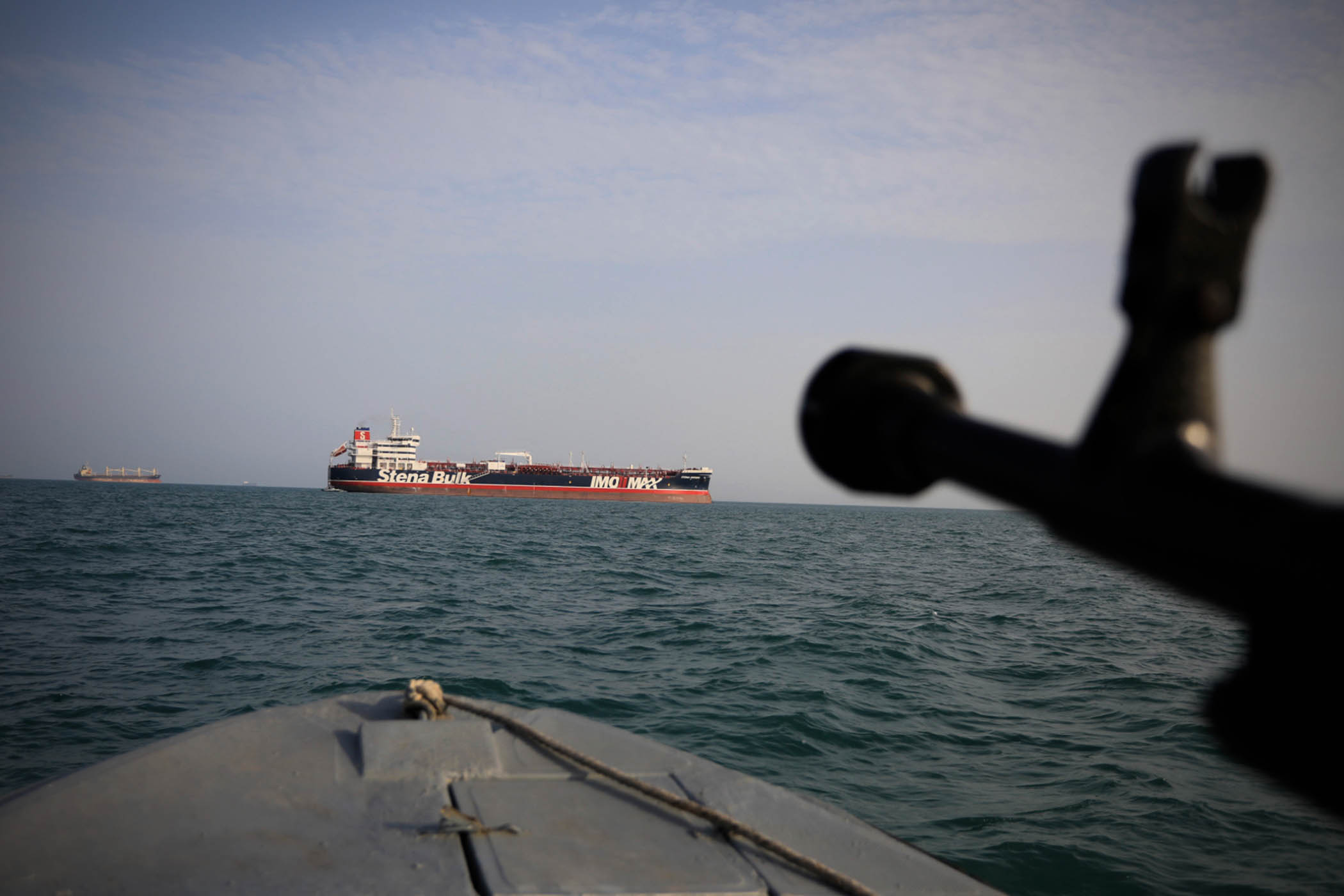The death toll from Sunday’s earthquake in Afghanistan has passed 1,400, according to the Afghan Red Crescent Society.
So what? Rescue workers and families are desperately searching for survivors. The quake ruined homes and villages close to the city of Jalalabad in eastern Afghanistan, and was felt 90 miles away in the capital Kabul. It has
•
triggered an urgent rescue operation;
•
worsened an already dire humanitarian situation; and
•
raised questions about who is willing to answer the Taliban’s call for aid.
Disaster zone. The 6.0 magnitude earthquake struck Afghanistan late on Sunday. Its epicentre was near Jalalabad, home to 200,000 people and the provincial capital of Nangarhar on the border with Pakistan. The terrain is mountainous and the infrastructure is poor.
Not set up to cope. Whole villages have been wiped out; many of the homes destroyed were built out of mud and brick on sloping terrain. The tremors caused landslides which have covered roads used by rescue teams.
Nor to be helped. In remote places only accessible by foot, ambulances can’t reach those in need. Helicopters have flown in, but the Taliban doesn’t have the resources to support the number of people injured and displaced. Dr Farid Homayoun of the Halo Trust told The Observer it was “very overwhelming”.
Aftershock. The disaster comes at a fraught moment in Afghanistan’s relations with its neighbour. Pakistan has expelled 900,000 Afghans since 2023. Many held UN proof of residence cards for Pakistan or Afghan citizenship cards issued by the government in Islamabad. Few have ever lived in Afghanistan.
Waiting for answers. With sanctions, drought and now an earthquake, Kabul is overwhelmed by the influx. Whether Islamabad will pause deportations remains unclear.
Tensions. Pakistan has accused the Taliban of sheltering militants from the Tehreek-e-Taliban Pakistan, which regularly mounts attacks in the country. Taliban officials, in turn, claimed last week that Islamabad had launched drone strikes across the frontier.
And yet, Pakistan has offered aid after the earthquake. Trucks of supplies crossed into Afghanistan at Torkham, while the prime minister, Shehbaz Sharif, issued “heartfelt condolences” to bereaved families and pledged solidarity with Afghan citizens. Taliban interior minister Sirjuddin Haqqani reciprocated with condolences to Pakistan over its recent floods.
Elsewhere, the Taliban has appealed for further international help. Britain has allocated £1 million to support the UN and the Red Cross in delivering healthcare and emergency supplies to Afghanistan, but since the fall of Kabul the country has largely been left to fend for itself.
Newsletters
Choose the newsletters you want to receive
View more
For information about how The Observer protects your data, read our Privacy Policy
Do not cooperate. Western sanctions, imposed when the Taliban seized power, were meant to leverage concessions on women’s rights and freedoms. Instead the regime has doubled down, banned girls from school and reintroduced public flogging and stoning.
Withering aid. Many international NGOs have pulled out of Afghanistan, unwilling to work under Taliban restrictions. Jan Egeland, head of the Norwegian Refugee Council, said “there is no real funding” to support relief efforts in Afghanistan.
Curtailed money. Britain’s Foreign, Commonwealth and Development Office has cut its Afghanistan budget from £286 million to £151 million, according to the Independent Commission for Aid Impact. The US has gone further and cancelled more than £1.2 billion in contracts supporting programmes across the country.
Go figure… official statements in the US have been limited to sympathy. The State Department’s bureau for the region said it extended its “heartfelt condolences to the Afghan people during this difficult time” but gave no indication of new assistance.



